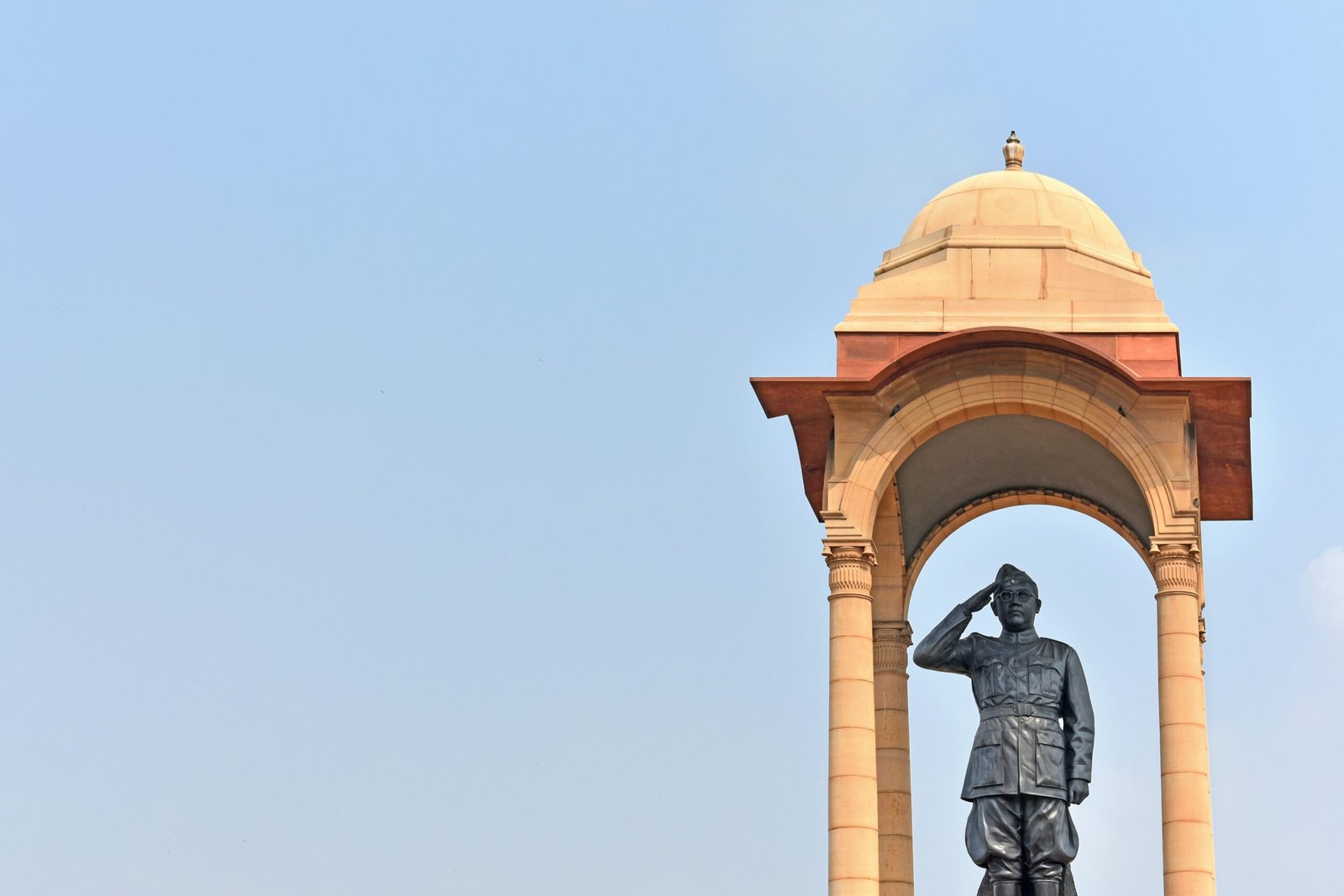Subhash Chandra Bose
Subhash Chandra Bose, also known as Netaji, was one of the most prominent leaders of the Indian independence movement against British rule. His unwavering determination, fearless spirit, and innovative strategies continue to inspire generations of Indians. In this blog post, we will delve into the life and contributions of this iconic freedom fighter.
Early Life and Education
Subhash Chandra Bose was born on January 23, 1897, in Cuttack, Odisha, to a well-to-do family. From a young age, he displayed exceptional academic abilities and a deep sense of patriotism. After completing his education in England, Bose appeared for the Indian Civil Service examination but decided to dedicate himself to the cause of India’s freedom instead.
Role in the Indian National Congress
Bose joined the Indian National Congress (INC) and quickly rose through the ranks due to his exceptional leadership skills. He advocated for complete independence from British rule and was instrumental in organizing mass movements and protests. Bose’s charismatic personality and powerful speeches inspired millions of Indians to join the struggle for freedom.
Formation of the Forward Bloc
Disillusioned with the INC’s moderate approach, Bose formed the Forward Bloc in 1939. This new political party aimed to unite all anti-British forces and work towards achieving complete independence. The Forward Bloc played a crucial role in mobilizing support and strengthening the fight for freedom.
Escape to Germany and Japan
During World War II, Bose sought international support for India’s independence. He made a daring escape from house arrest in India and traveled to Germany and later to Japan. In Germany, he sought assistance from Adolf Hitler’s government, and in Japan, he formed the Indian National Army (INA) with the help of the Japanese authorities.
The Indian National Army
The INA, also known as Azad Hind Fauj, was formed with the vision of liberating India from British rule. Bose, as the Supreme Commander, led the INA and waged a fierce battle against the British forces in Southeast Asia. The INA’s slogan, “Jai Hind,” became a rallying cry for Indians fighting for their freedom.
Legacy and Impact
Subhash Chandra Bose’s contributions to India’s struggle for independence are immeasurable. His unwavering commitment, innovative strategies, and charismatic leadership continue to inspire people across the world. Bose’s legacy lives on through his fearless pursuit of freedom and his vision of a united, independent India.
Conclusion
Subhash Chandra Bose, a true hero and patriot, dedicated his life to the cause of India’s freedom. His indomitable spirit and relentless efforts continue to inspire generations. As we commemorate his legacy, let us remember the sacrifices made by Bose and countless others who fought for the independence we enjoy today.
For more inspiring stories of freedom fighters and their contributions to India’s independence, stay tuned to our blog!

Leave a Reply